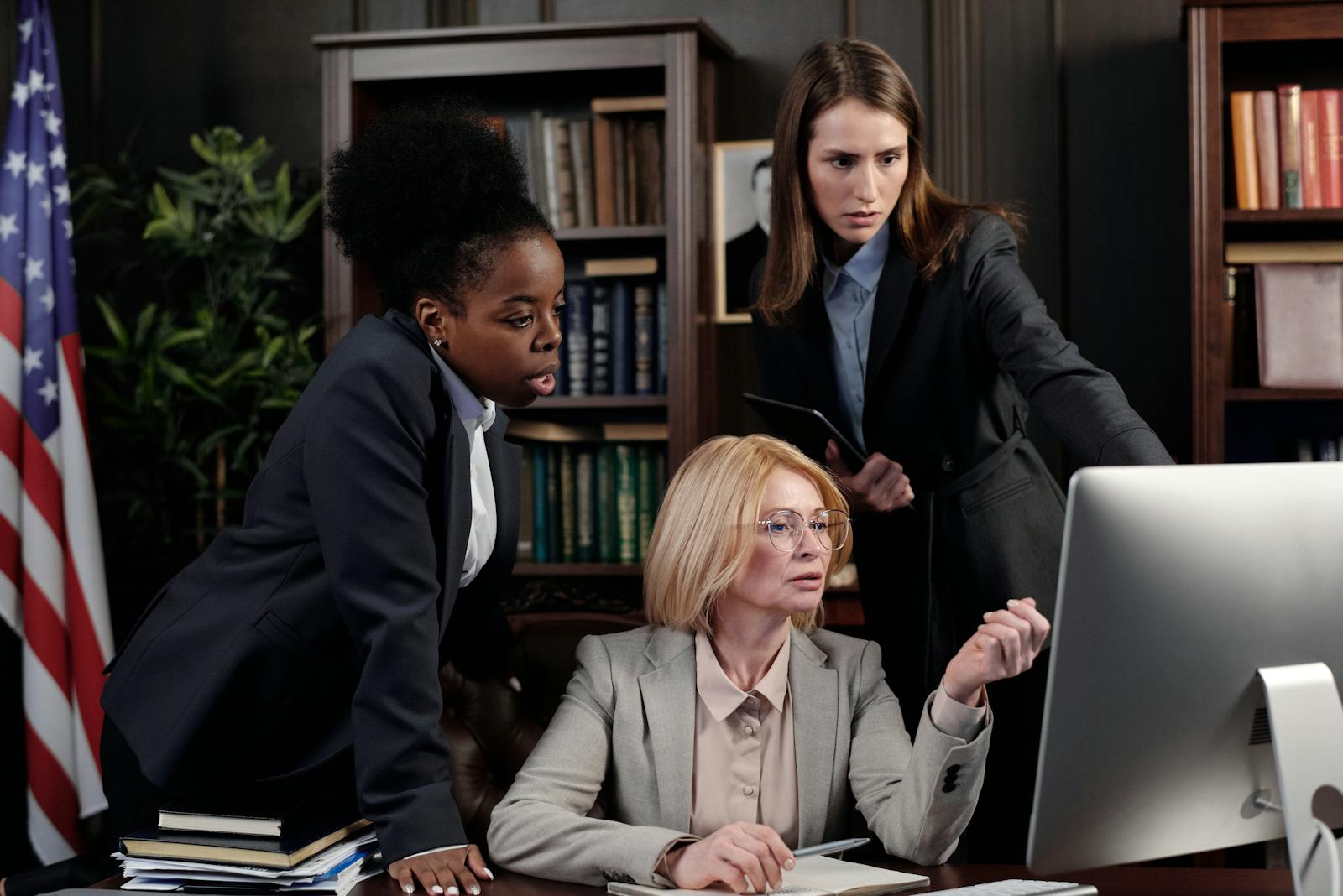When facing criminal charges, having a solid defense strategy is crucial.
As an experienced criminal defense lawyer, it’s my job to build the strongest possible case for my clients and ensure their rights are protected throughout the legal process.
Developing an effective defense strategy requires a multi-faceted approach drawing on various legal tools and techniques.

The foundation of any good defense is a meticulous investigation into the facts of the case.
This involves leaving no stone unturned – gathering all relevant evidence, interviewing potential witnesses, and thoroughly reviewing the prosecution’s case file.
The more information I can uncover, the better I can understand the strengths and weaknesses of the state’s argument. I leave no detail overlooked, no lead uninvestigated.
This level of diligence is crucial, as it gives me a comprehensive grasp of the case that allows me to build the most robust defense possible.
With a deep understanding of all the details, I can then identify any flaws, contradictions, or lack of evidence in the prosecution’s case.
Perhaps there are gaps in the timeline of events, issues with the chain of custody of key evidence, or witnesses whose credibility can be called into question.
Exposing these weaknesses is a critical part of building a compelling counterargument. I meticulously comb through every aspect of the state’s case, looking for any opening I can exploit to undermine their claims.

In addition to poking holes in the prosecution’s version of events, it’s important to proactively present alternative explanations that are consistent with the evidence.
This may involve demonstrating my client’s innocence, justification for their actions, or mitigating circumstances that could lead to a reduced sentence.
I craft a coherent alternative narrative that provides a plausible explanation for what occurred, shifting the burden of proof back onto the prosecution.
In many cases, part of the defense strategy involves skillful negotiation with the prosecution.
This could mean working out a plea bargain that results in lesser charges or a more lenient sentence.
Prosecutors are often open to negotiation, especially if the defense can make a strong case that undermines the strength of their case.
I engage in tough but fair bargaining, always striving to get the best possible outcome for my client.

Underpinning all aspects of the defense strategy is a steadfast commitment to protecting my client’s constitutional rights.
This means ensuring proper legal procedures are followed at every stage, objecting to any improper evidence or testimony, and appealing any rulings that violate my client’s rights.
I am a zealous advocate, unafraid to aggressively challenge the prosecution if I believe they are overstepping their bounds or trampling on my client’s rights.
Ultimately, an effective defense strategy is about thorough preparation, persistent advocacy, and an unwavering commitment to justice.
By building the strongest possible case, presenting alternative narratives, and safeguarding my client’s rights, I can give them the best chance at a favorable outcome – whether that’s an acquittal, reduced charges, or a more lenient sentence.
My goal is to leave no avenue unexplored in my pursuit of the best possible result for those I represent.
